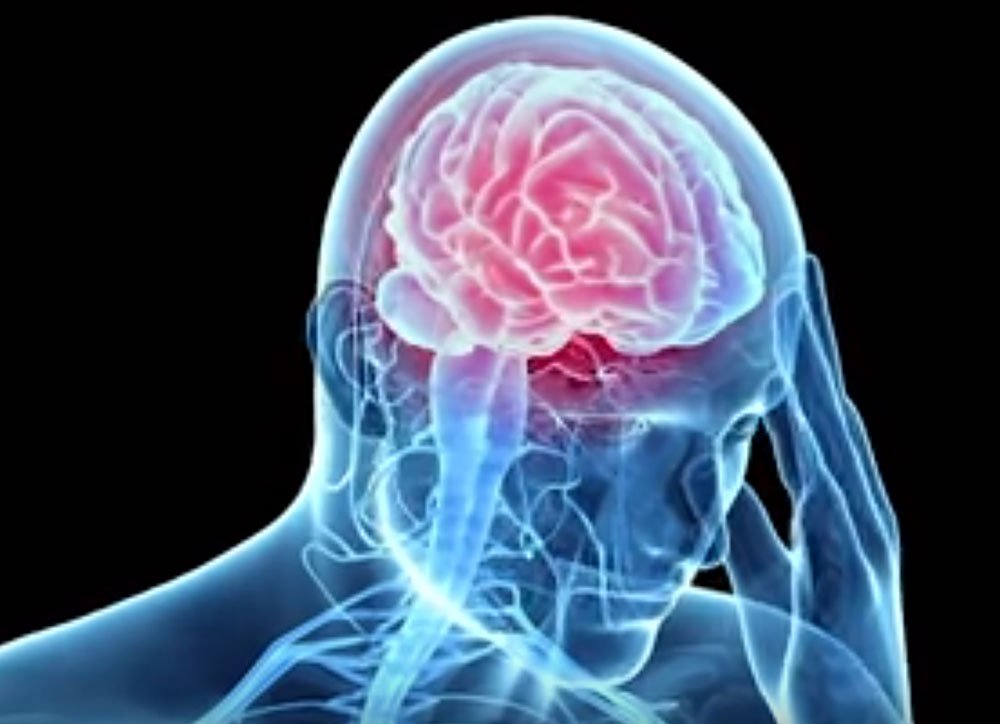An estimated 1.4 million U.S. citizens experience traumatic brain injuries, or TBIs, annually. Sadly, these accidents can be not only a catastrophic health situation but also a significant cause of disability and even death. And to make things worse, some TBIs are misdiagnosed or never reported at all.
Between 2006 and 2014, there was a 53% increase in injuries relating to TBI’s, according to the CDC. And sufferers can experience their effects for anywhere from a few days to a lifetime and require medical repatriation services. The combination of these services with other surgical, medical, and rehab expenses, can reach well over $100k or more.
Although concussions and other TBI’s have gotten some attention in recent years, a lot of the facts remain a mystery. Should you or a loved one be faced with a traumatic brain injury, here are nine crucial points to remember:
9 Crucial Facts about Traumatic Brain Injuries
1. TBI cases can range from mild to severe
Although mild injuries can cause temporary damage to brain cells, severe cases can involve bruising and bleeding of delicate brain tissue. These critical instances require more extensive treatment and can cause long-term complications and even death.
2. TBI can occur in any age group
Although adults can also be victims, TBI’s tend to affect children and the elderly the most. For younger adults and teenagers, motor vehicle accidents are the most frequent cause. For kids 14 and under, and senior citizens, falls are most likely to blame.
3. Initial diagnoses are often missed in TBI patients
TBIs often go undiagnosed even in ER’s and doctor’s offices. Thus patients don’t get the right follow-up care. And this mistake results in other complications, including incorrect health care benefits, legal compensation, government assistance, and therapy for work-related injuries. TBI patients must receive a check-in call within a day or two of their accident and have a follow-up appointment.
4. Symptoms among children with TBI may not appear until later
For younger children, the behavioral and cognitive symptoms of a brain injury may not appear right away. Often, it’s not until later when the brain matures, and higher demands of thinking are necessary that symptoms present themselves.
5. TBI patients, regardless of severity, can experience seizures
For days, weeks, or even years down the road, and regardless of severity, brain injury sufferers can experience seizures. If a TBI is severe enough to require surgery, it raises the patient’s chances of seizures and strokes.
6. Mild TBI patients may not realize they have it
With mild TBIs, a patient may not lose consciousness and, therefore, may not seek treatment. Still, mood swings, memory or concentration issues, and depression may result.
7. Time in which TBI symptoms appear range widely
Even in the case of moderate to severe traumatic brain injuries, symptoms may take hours or days to appear. Some things to look out for are ongoing headaches, weakness in the extremities, or sleepiness.
8. Any head injury should warrant medical care
For head trauma, immediate medical care is critical. For other serious brain injuries, patients should always see a doctor – especially if they’re showing changes in behavior.
9. Full recovery goes beyond the initial treatment
After treatment and stabilization, patients begin the most long-term and challenging phase of recovery. To prevent neurological complications, TBI patients need rehab. Allista offers a wide range of services for the recovering patient, including cognitive therapy, physical therapy, electrode stimulation therapy, work-related therapy, language therapy, swallowing or deglutition therapy, and pool therapy.
As you can see, the ongoing impact of a head injury can be severe and permanent. Don’t let a blow to the head turn into a blow to your or your loved one’s safety and wellbeing. Contact the TBI recovery experts at Allista today to explore which repatriation services will benefit you the most.

